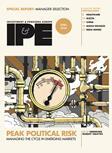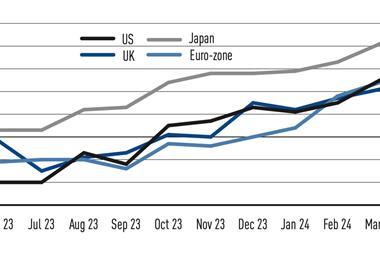The Czech Labor Ministry has announced a plan to create a special reserve fund that would be used to kick off pension reform in the next year.
The new fund should be financed from dividends from large companies where the state owns a stake.
Economists back the idea, but question whether proceeds from dividends would be sufficient to finance it.
“I cannot imagine that real pension reform would start without a special reserve fund which will help overcome the lack of sources at the beginning,” Pavel Sobisek, chief economist of the Czech branch of HVB Bank, told IPE.
“However, the fund would need at least 50-100 billion crowns (e1.6-3.2bn) in order to play a role in the pension reform. Such an amount cannot be obtained from dividends over a reasonable period of time.”
Helena Horska, an analyst of Ceska sporitelna bank, agrees: “The volume of dividends is not going to be high enough to cover the financial needs of pension reform. The government has to find other funding sources.” However, she admits it is better if the state uses dividends for pension reform than if it spends them for current consumption.
Out of seven blue chip stocks traded on the Prague Stock Exchange, the state owns
stakes in two firms – power giant CEZ and the country’s biggest fixed-line operator Cesky Telecom. CEZ proposes
a dividend of eight crowns per share, up from 4.5 crowns last year. Cesky Telecom plans to pay a dividend of 17 crowns
per share, down from 57.5 crowns in 2003.
The state has an opportunity to to receive just several billions of crowns in dividends this year.












No comments yet